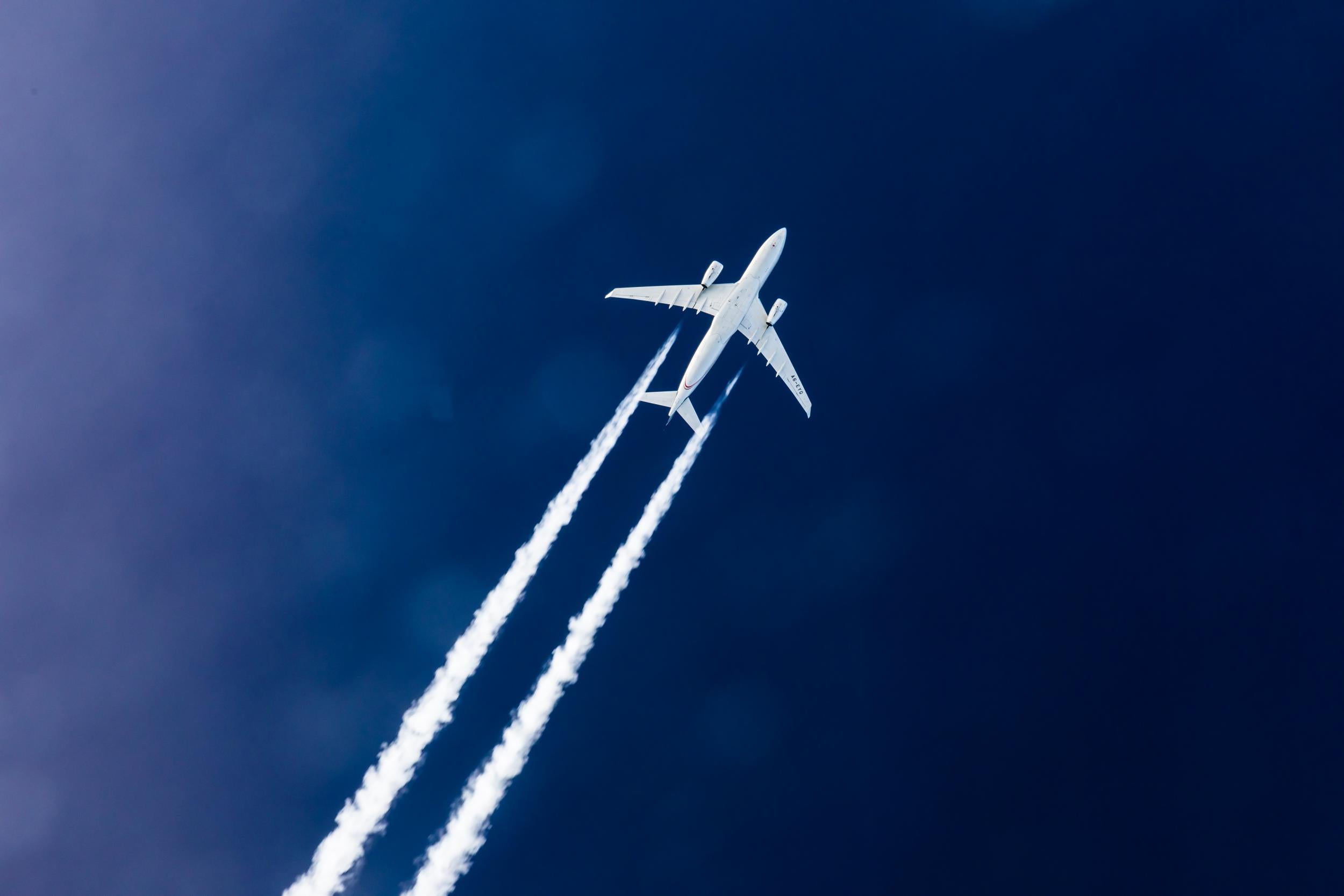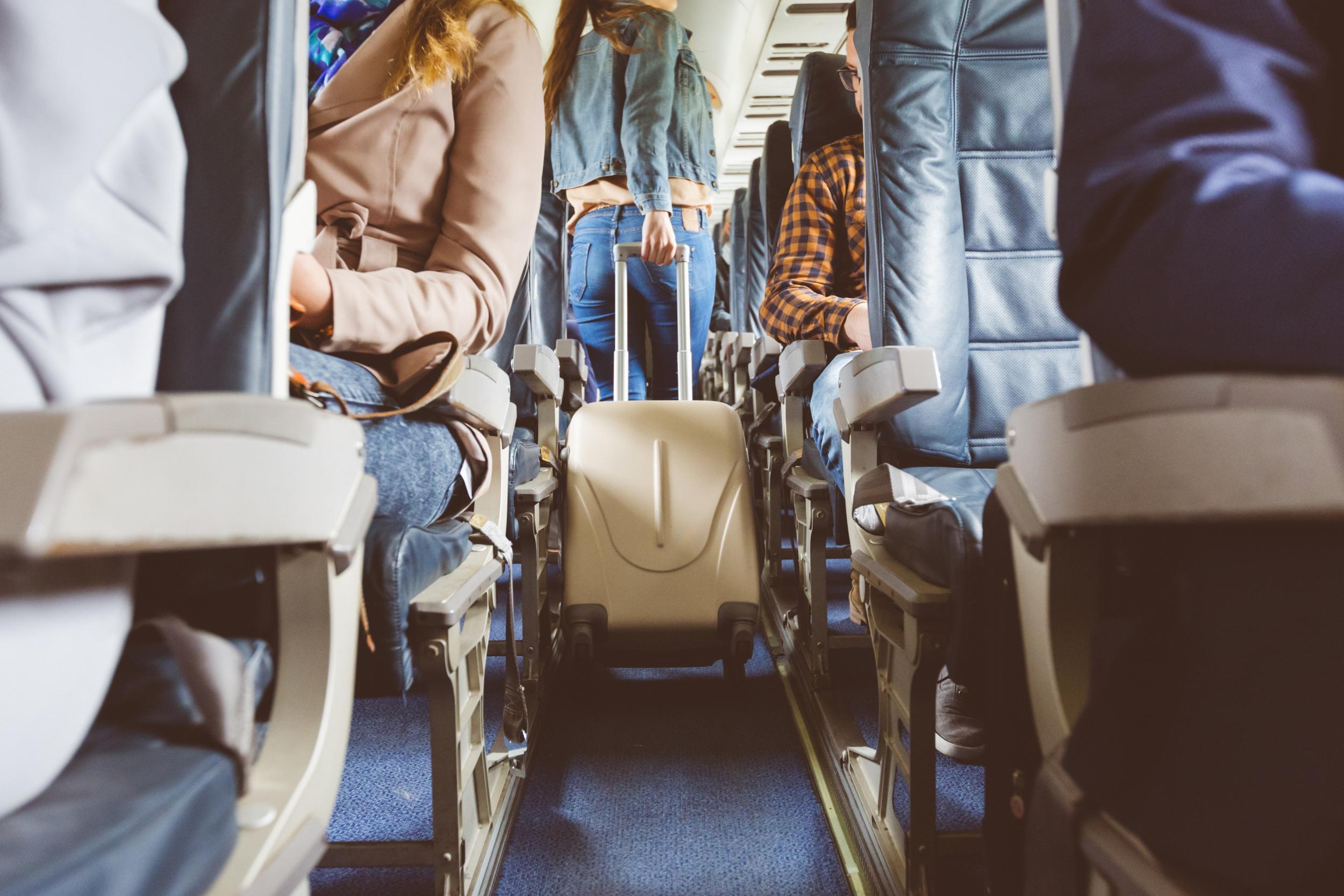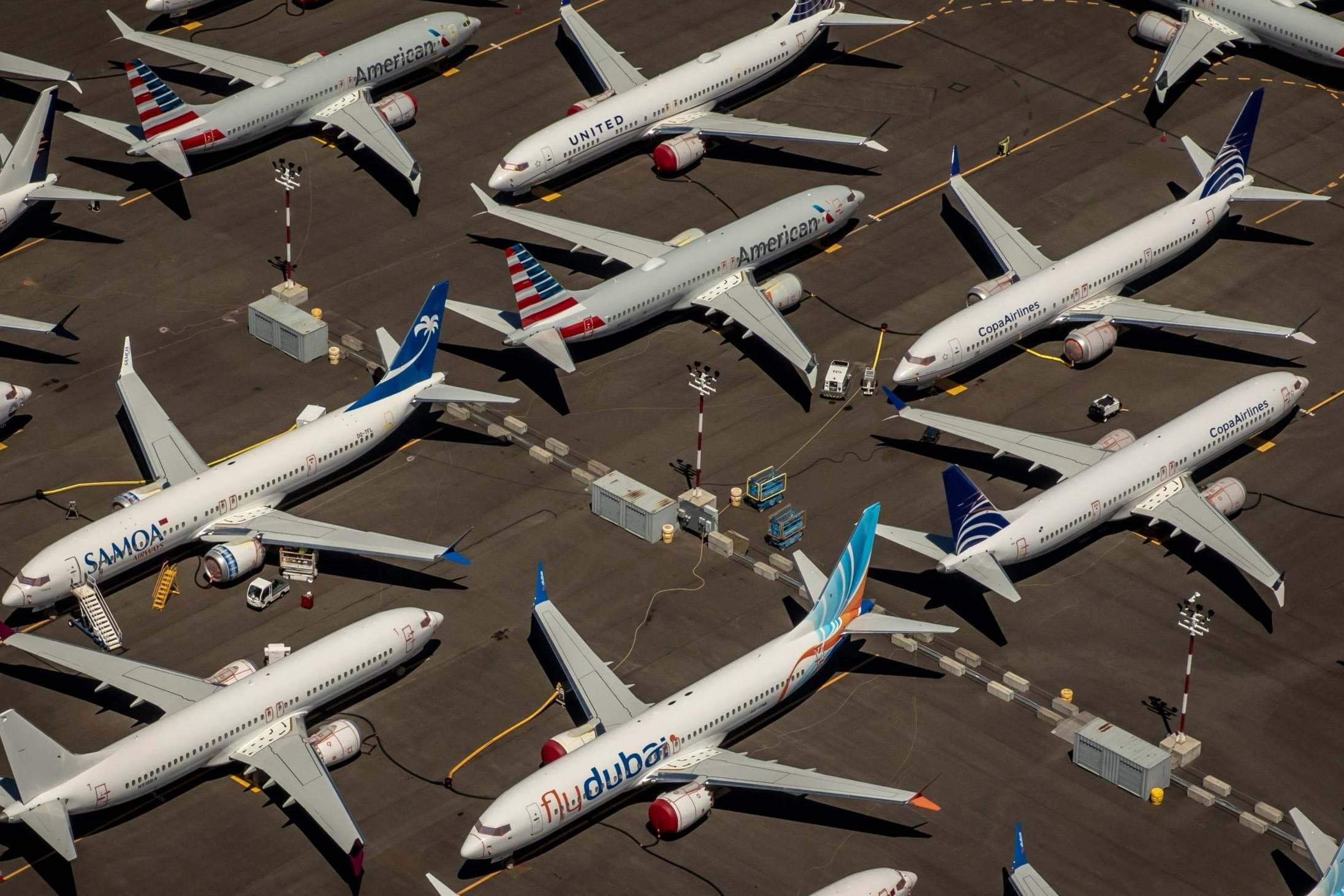Will the rights of plane passengers be up in the air after Brexit?
Simon Calder answers your queries on compensation for unexpected cabin bag costs and the effect of Boeing 737 Max groundings on airlines


Q I read with interest your comments about changes to travel due to Brexit. One thing you didn’t mention is European air passengers’ rights. I haven’t seen any discussion about what happens after the end of 2020. I’d assumed flights from the UK into Europe would still be covered, but it seems the protection only applies if the airline is headquartered in the EU.
Name supplied
A Membership of the European Union has benefited airline passengers from the UK in two ways. The most significant was the concept of “open skies”. Liberating aviation from the grip of the overpriced and inefficient national carriers allowed low-cost start-ups such as easyJet and Wizz Air to flourish, and helped “legacy” airlines to reform.
Many UK travellers have also benefited from EU regulation 261/2004, which deals with the rights of passengers when flights are disrupted. It is the most comprehensive such legislation in the world and imposes an unlimited duty of care on the airlines during times of “irregular operations” – whether that is a mechanical failure on a single flight, or Europe-wide disruption such as the volcanic ash cloud a decade ago.
In addition, the European air passengers’ rights rules stipulate compensation payments of between €250 and €600 for delays that are the fault of the airline. These regulations are extremely popular with passengers but despised by airlines, who believe they impose an absurdly heavy burden on them.
The existing rules still apply in the UK, along with all other European legislation, until the end of 2020. After that, they will still apply for flights on EU airlines such as Ryanair, Wizz Air and easyJet Europe (the Austrian subsidiary set up by Britain’s biggest low-cost airline in order to deal with some of the problems created by Brexit).
The UK government has indicated that passengers’ rights will be preserved exactly as they are for flights from British airports and on UK airlines anywhere in the world. That, however, could lead to problems. The European Union is slowly reforming the rules because of their punitive nature, but the UK has said that the old version will prevail. Therefore, once the EU brings in the new regulations, a Ryanair flight from Stansted or Manchester to Germany or Spain could be subject to two conflicting policies. Like so much to do with Brexit, we await certainty.

Q A strange and expensive thing happened to my fiancée and me at Charles de Gaulle airport. We were travelling home from Paris to Manchester on a flight that is described on our ticket as “Virgin Atlantic Operated By Flybe”.
Our e-tickets said we had a free cabin baggage allowance for one piece measuring 56x36x23cm. But at check-in at the Flybe/Air France desk we were told that the Flybe allowance is slightly smaller in each of the dimensions. Our luggage didn’t fit. We had to pay €50 (£42) a bag to get them home. Obviously that didn’t seem fair. What can we do?
Adam M
A You seem to have been flummoxed by the convergence of several different issues – together with what appears to be one crucial mistake by your travel agent.
First, whose plane is it? The promiscuity of airlines makes it difficult to work out even this basic question. Your flight was actually operated by Flybe, probably with a string of other flight numbers pertaining to partner airlines – including Air France and Virgin Atlantic. (Sir Richard Branson’s airline is the lead partner in the rescue of Flybe, but the regional airline is not yet a full subsidiary.)
On board, the basic problem is that the larger cabin baggage size simply doesn’t work for the slender profile of Flybe’s small propeller jets, so it is reduced to 55x35x20cm.
The airline has been robustly enforcing this rule for around a year, and will typically email a customer a warning of the dimensions shortly before departure. Unfortunately, I see you decided to book a flight from France to the UK through a Swedish online travel agency, which – if you don’t mind my saying so – is inviting problems.
The emails from Flybe appear not to have been passed on – and to make matters worse, your agent actually told you that Virgin Atlantic’s larger dimensions applied.
As such, you certainly look as though you have a solid case for a refund from the travel agent. Except that it is based in Scandinavia and therefore a legal claim could be difficult.

Q How is the grounding of the Boeing 737 Max affecting airlines? Lots seem to be going bust over the last couple of years, and something like this must be adding incredible financial pressure in an already challenging industry.
Adam R
A The Boeing 737 Max was grounded nearly a year ago following two terrible tragedies that killed a total of 346 passengers. As far as I am aware no aircraft type since the Comet in the 1950s has been prohibited from flying for so long.
By now, about 5 per cent of the world’s total aviation fleet should be 737 Max aircraft. Since airlines plan their operations years in advance on the basis of the planes they expect to have, the grounding has triggered a shortage of narrow-bodied aircraft.
Airlines directly affected – ie those whose fleet plans involved flying significant numbers of the Max – have three basic options, which they can combine.
The most obvious might seem to be to keep older aircraft flying for longer than planned. This can be tricky, though, when (as is often the case) the planes are leased. The lessor that owns them probably has plans for the jets.
Next, they can charter in extra capacity, though the absence of Boeing 737 Max aircraft has already tightened the market significantly, with rates going sky-high.
Or, they can cancel routes and/or reducing frequency. This option looks, on the face of it, a costly move because the airline will be losing business.
Yet because supply is curtailed, fares have gone up, with carriers looking forward to a profitable summer.
More widely, it has been mooted that the compensation payments from the continued grounding of the Boeing 737 Max are actually keeping weaker players afloat. The planemaker is obliged to meet airlines’ claims for financial damage caused by the aircraft being unable to fly.
Unsurprisingly, the carriers are calculating the impact to be very expensive. Boeing is making provisions for billions of pounds to be paid out.
So while the circumstances of the grounding are tragic in the extreme, the effect on airlines is not significantly negative.
Email your question to s@hols.tv or tweet @simoncalder
Join our commenting forum
Join thought-provoking conversations, follow other Independent readers and see their replies
Comments